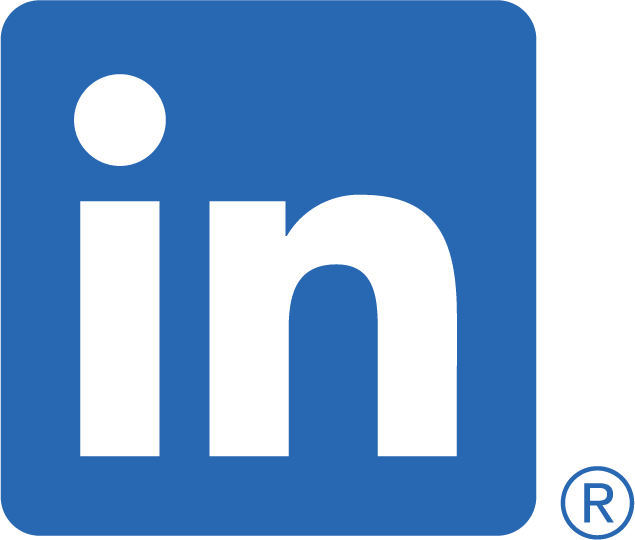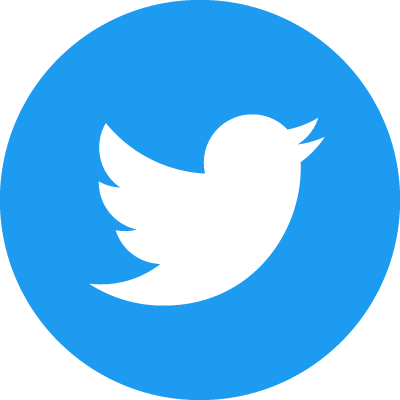Image by fizkes on Shutterstock
Picture this: you’ve landed your dream job interview thanks to your killer resume, you’ve expertly explained why you’re the perfect candidate for the job, when all of a sudden, you get hit by this curveball:
“What would you say is your biggest weakness?”
Depending upon how you answer this, it could completely make or break your chances of getting a job offer.
What’s the best way to talk about your weaknesses during a job interview? Should you lie, fudge the truth, or try to turn a weakness into a strength?
We’ll discuss the best ways to handle this dreaded question in this handy interview prep guide. By the end of this article, you’ll know exactly how to answer this question honestly and confidently.
Why do companies ask about your weaknesses during job interviews?
There are a few reasons why companies and recruiters would put you on the spot with this question.
The first is that they’re genuinely curious. They want to know what weaknesses you’ll bring to the team so that they can understand how you’ll work best. A thoughtful manager will try to tailor their communication style around your strengths and weaknesses.
For example, if you said you’re not a great audio learner, but a great visual learner, your future manager would make sure they put your tasks in writing instead of just calling you out of the blue.
The second reason is a bit more behavioral. The company wants to see how you respond to a question that doesn’t allow you to brag. How you respond to this question can reveal your maturity, self-confidence, arrogance, or humbleness.
How to answer a question about your weaknesses in a job interview
Don’t discuss personal failings. Focus on weaknesses as they could relate to your job.
Now is not the time to let a future employer know that you’re a compulsive shopper, that you have cheated on every partner you’ve had, or that you have a gambling problem.
Your future employer doesn’t want to hear that, and it’s a great way to lose out on a job. Instead, an employer is interested in learning about your weaknesses as they relate to your ability to do your job.
Focus on a work-related weakness that is honest but will show your employer that you have the ability to do the job they want.
Here are some ways to do that:
1. Choose a non-critical weakness
Highlight a real weakness that isn’t critical to your ability to perform your job. For example, if you’re interviewing for a coding job, you can say you’re afraid of public speaking. Every time you have to give a presentation, you clam up.
This is a fair weakness. It’s honest, but it doesn’t impact your ability to do your job (coding).
2. Frame each weakness around a story
A weakness shouldn’t be presented in a vacuum. If you simply say “I’m disorganized,” your interviewers will have some questions.
Instead, you need to show this weakness in the context of your work.
Sample answer:
“At my previous job as a project manager, I was fielding requests from many different teams with overlapping project timelines. I’ll be honest, I had a hard time staying on top of these projects. I was disorganized. So, I found a project management tool called ClickUp that helped me visualize the timelines for each project. I’m a visual learner, so this software helped me see when each step for each project needed to be completed.”
3. Show how you’re overcoming a weakness
Another great tactic is to highlight a weakness that you’ve taken steps to correct. Show that you are aware of your problems, and have the ability to fix your shortcomings.
Sample answer:
“I’m not the most careful proofreader, but I’ve since downloaded Grammarly which has decreased my typo rate.”
4. Turn a weakness into a strength
This is related to the previous concept, but it takes it a step further. Instead of showing how you’ve mitigated a weakness, you show how you turned that weakness into a trait that is advantageous to you.
This is a little tricky and requires some careful articulation.
Sample answer:
“I am someone who needs all the facts before I can make a decision and move forward. While sometimes this has become difficult, as I can be the roadblock in decision-making, I am confident that when I make a decision, it truly is the correct decision. I never need to walk back any projects I implement.”
What not to say when answering questions about your weaknesses in a job interview
As we’ve covered earlier, you don’t want to talk about your personal failings. This is a terrible place to mention that you have a substance abuse problem.
But you also want to avoid deflecting the question with a canned answer like “I work too hard. I just don’t know when to stop.”
First of all, this shows no vulnerability or self-awareness. It also shows no room for growth. Answering this question in an evasive manner will make employers feel that you’re hiding real weaknesses from them, and they’ll dismiss you as someone who inauthentically tailors your answers to what people want to hear.
Deflecting isn’t going to win you the job.
Common weaknesses you can use in an interview
Here are some weaknesses that you can safely use in a job interview
- I’m afraid of public speaking
- I’m bad at asking for help
- I have difficulty delegating tasks
- I get bogged down in the details
- I focus so hard on the big picture that I miss the details
- I can be too blunt
- I am indecisive
- I need everything to be perfect before I can move on
- I need more experience in a certain skill or program
Examples of how you can answer a question about weaknesses in a job interview
Here are three great sample answers for this difficult question. Feel free to tailor them to fit your experiences.
Sample 1:
“As a new manager, I found that I had difficulty delegating tasks. I figured I could do everything best myself. However, this ended up slowing down the productivity of the team, and it didn’t allow my direct hires to grow as best as they could. So, I had to make the hard choice to let go of some control, and I delegated tasks to my employees while remaining available to help them if they needed any help. While giving up control was hard, our productivity soared.”
Sample 2:
“I am a blunt person. When I mess up, I want people to tell me. When an idea is good, I champion it. When a project needs work, I tell people. I think that honesty is the best way to get great results in the fastest time. Having said that, I know that such honesty can upset people. So, I am working on making my criticisms more constructive while also not forgetting to compliment great work.”
Sample 3:
“I don’t like to bother people, and I am afraid that asking for help will make me look like I shouldn’t have gotten the job. So, I have taken on projects that I didn’t fully understand, and it took me so much longer than it would have if I had simply asked for help in the first place. I learned that asking for help isn’t a weakness and doesn’t reflect poorly on my abilities.”
Conclusion
When an interviewer asks about weaknesses during a job interview, it can be hard to know how to respond authentically while not torpedoing your chances of landing the job offer. The key is to respond honestly with a work-related weakness.
You can choose to:
- Make this weakness unrelated to the key responsibilities of the job you’re applying for
- Add an anecdote to your weakness
- Show how you’re working on your weakness
- Turn your weakness into a strength
Avoid being evasive or dishonest. If you answer honestly and show a sense of growth, you stand a good chance of moving to the next round.
But before you get to the next round, you have to get past an applicant tracking system (ATS) and a hiring manager. To do that, you need the perfect resume.
Leet Resumes offers a free, personalized resume.
Ready to get the perfect resume? Get started today.







